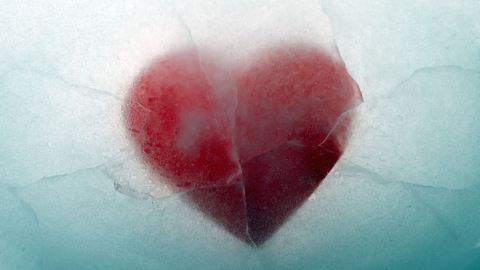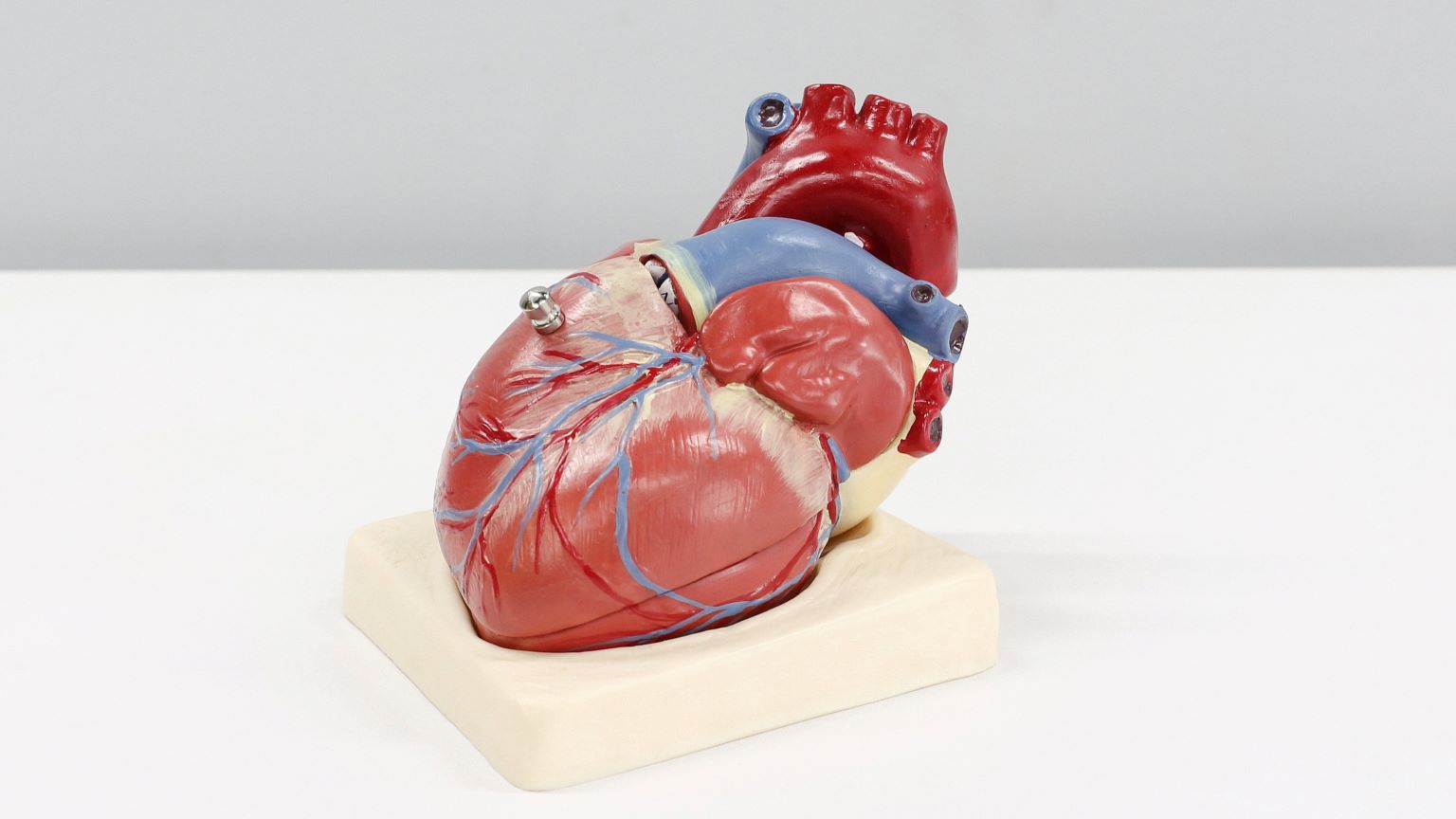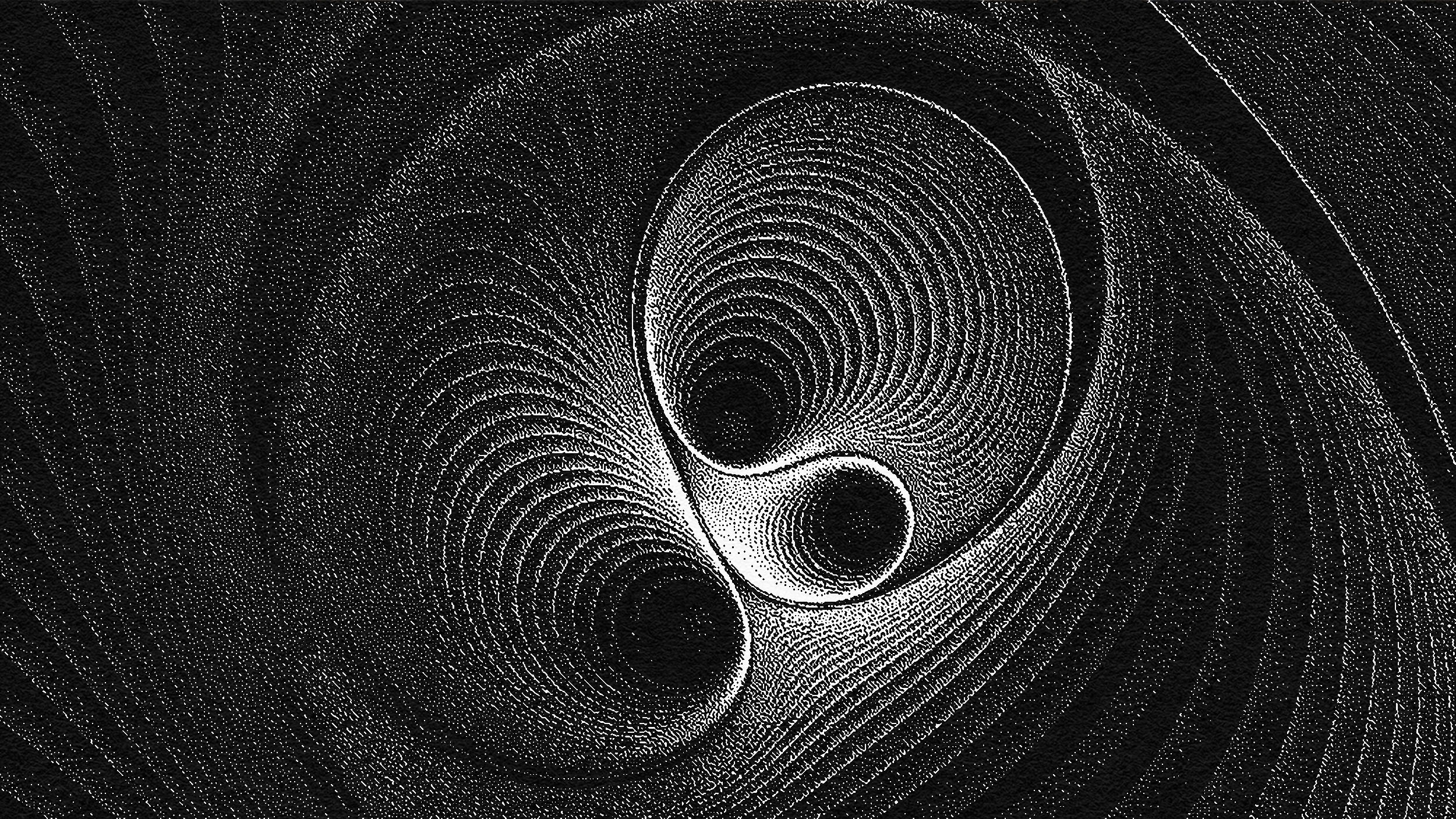New Ideas for Combating the Deadly Shortage of Viable Transplant Organs

It’s no secret that the list of those awaiting organ transplants is lengthy. In some cases, those who are elderly or in particularly poor health are not even in consideration to make that list. In 2014, less than 25 percent of those awaiting transplants actually received organs, and 21 of these individuals died each day. But these discomforting statistics are motivating efforts to improve the process of organ banking, which, so far, has reached very little of its potential.
As Neel V. Patel writes in Wired, organs such as the kidneys, liver, and heart are only viable for mere hours after they are harvested from the body. This means that organs essentially cannot be “banked,” or saved for later transplantation, even as tens of thousands of people in the United States alone are left wanting for life-saving procedures.
The finer details of organ transplantation are likely not something the average person has put much thought into, but the limited capabilities of organ banking seem anomalous in a culture where long-term preservation is such a common part of life. Freezing and canning otherwise perishable foods can keep them fresh for months, or even years. Cryopreservation, or cryogenic freezing, is infamous for its use by the super-rich (and by cheesy sci-fi characters) as a means of one day coming back to life. And while it’s mostly a punchline rather than a viable means of resurrection, it’s also a real technology that can actually preserve some living matter. So why is it such a challenge to keep donated organs intact?
When ice crystals form on the surface of an organ, it’s no good (which should give you some perspective the next time your Rocky Road ices over.) So one potential solution is to continually freeze and unfreeze an organ in such a way that ice will never form. Other potential advances involve chemical agents similar to antifreeze. Another intriguing fix, although much less scientifically elegant, is to simply “brute force” our way through the organ shortage; if enough eligible donors were brave enough to lend a kidney, “spoiled” organ donations would be much less of a problem. Of course, kidney transplants are a special case, because, unlike almost all other organs, kidneys can be expendable. For the rest, scientists are working hard to guarantee that much-needed organ donations will no longer go to waste.
For more, visit Wired, and watch this video with the Mayo Clinic’s Dr. Nicholas LaRusso:





